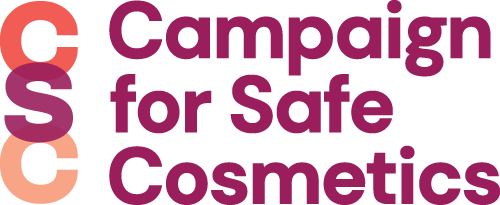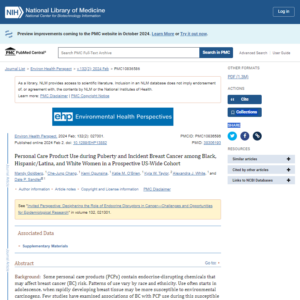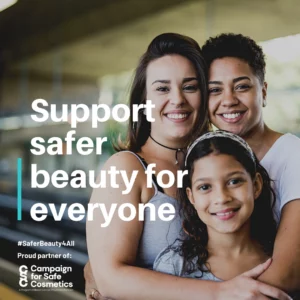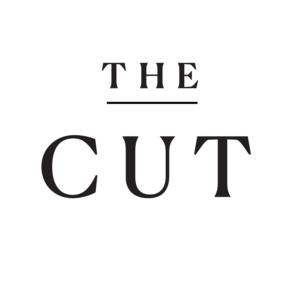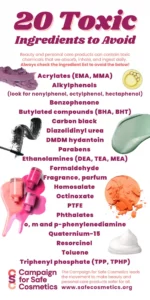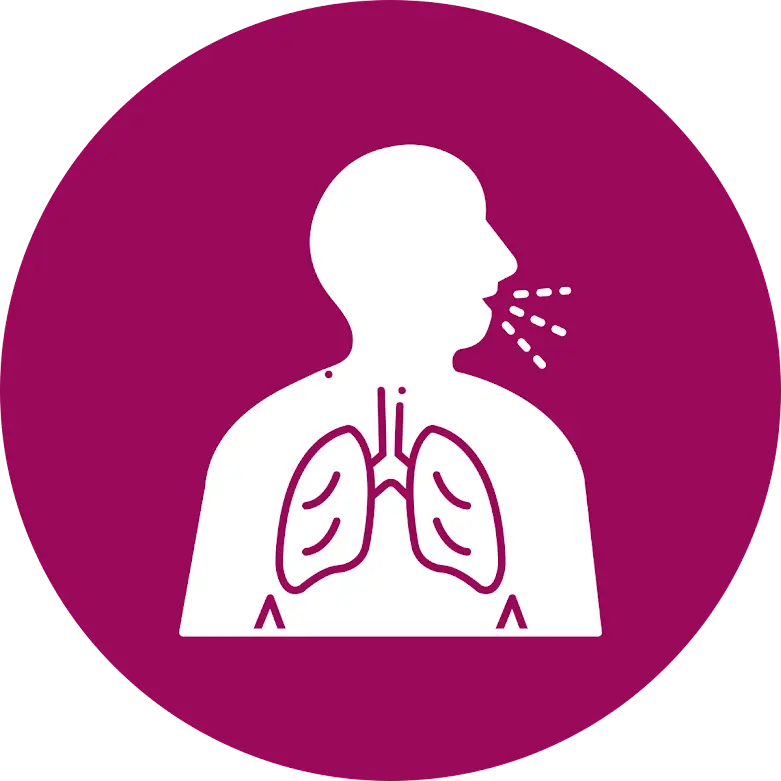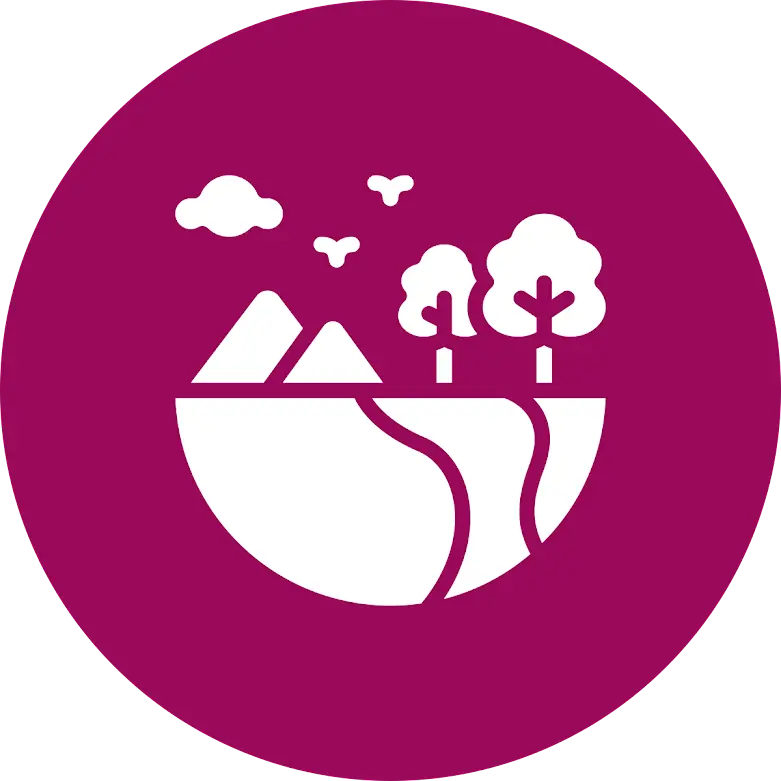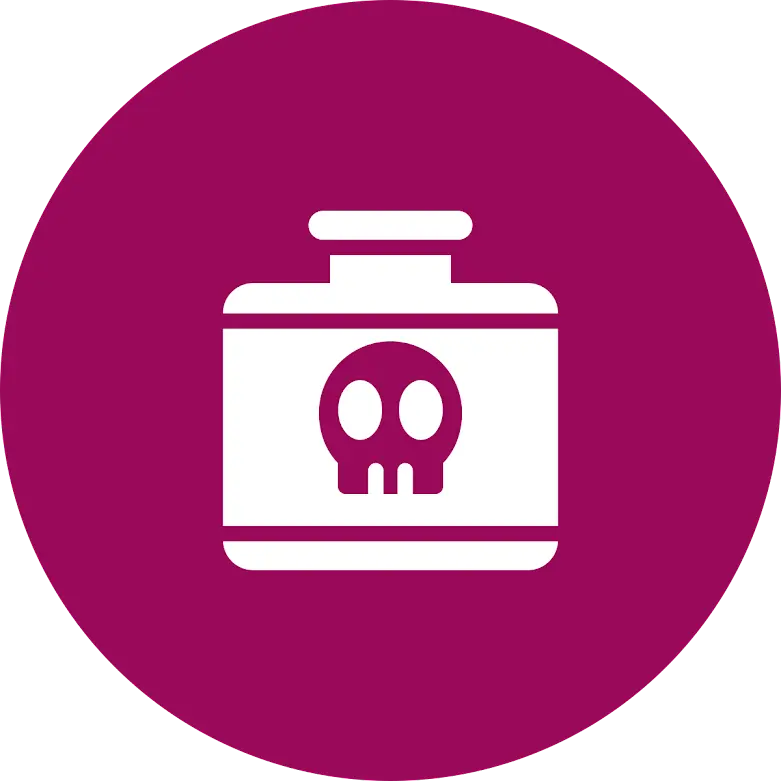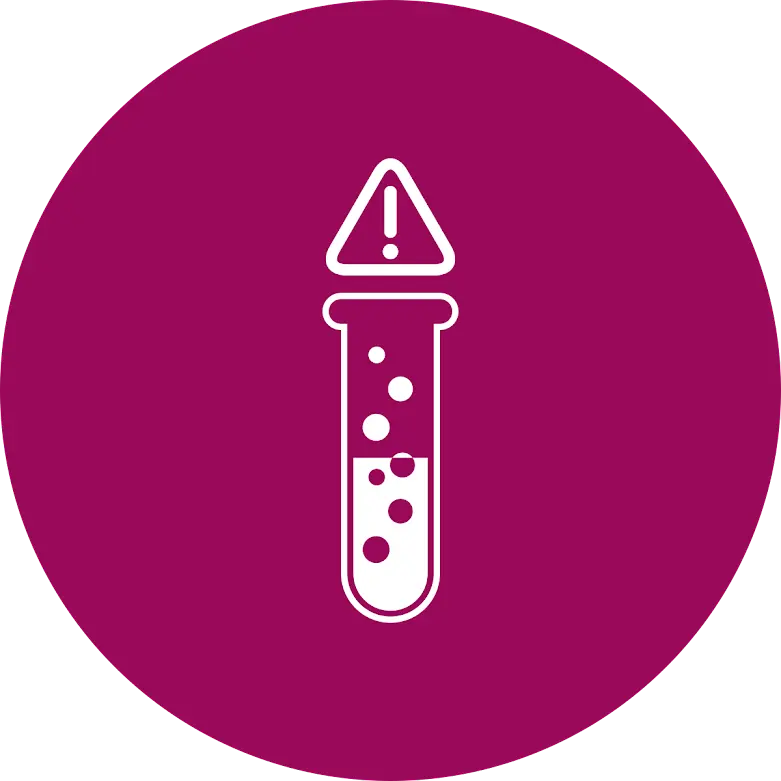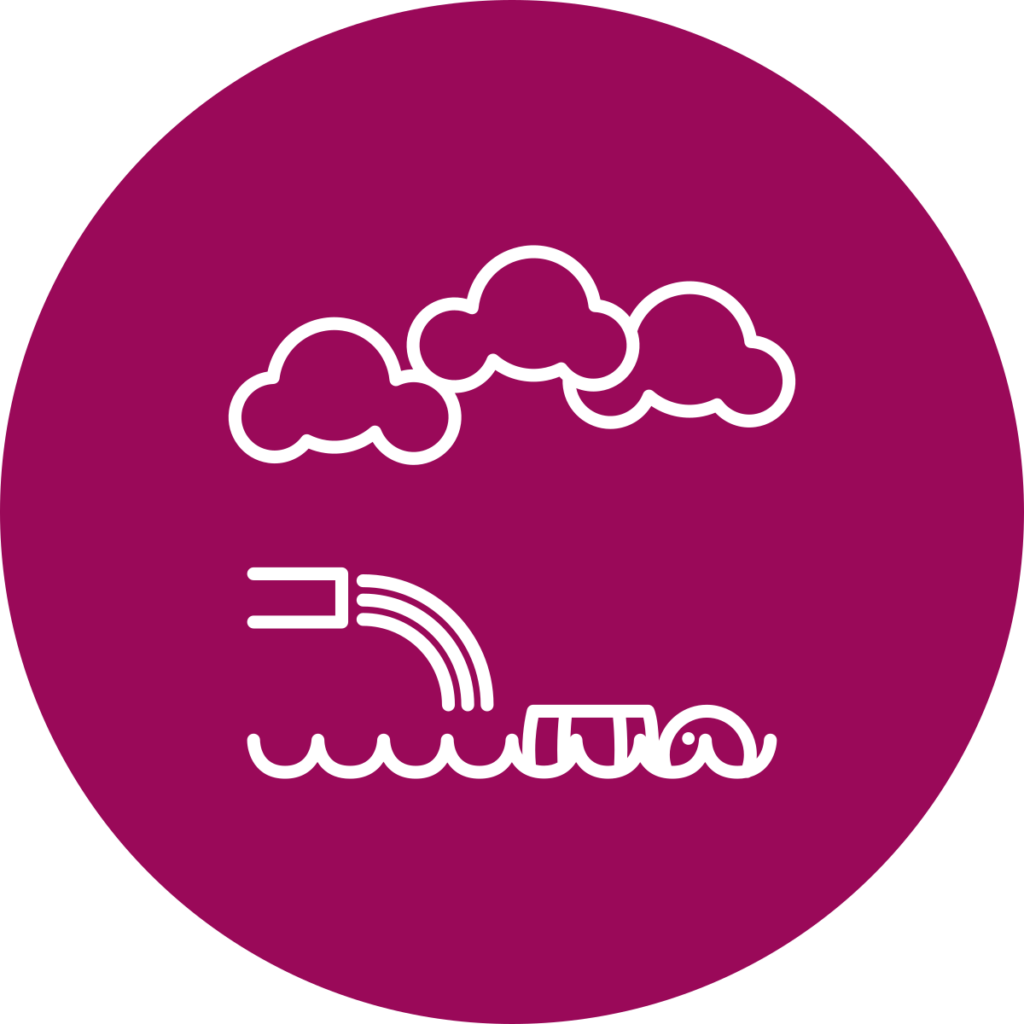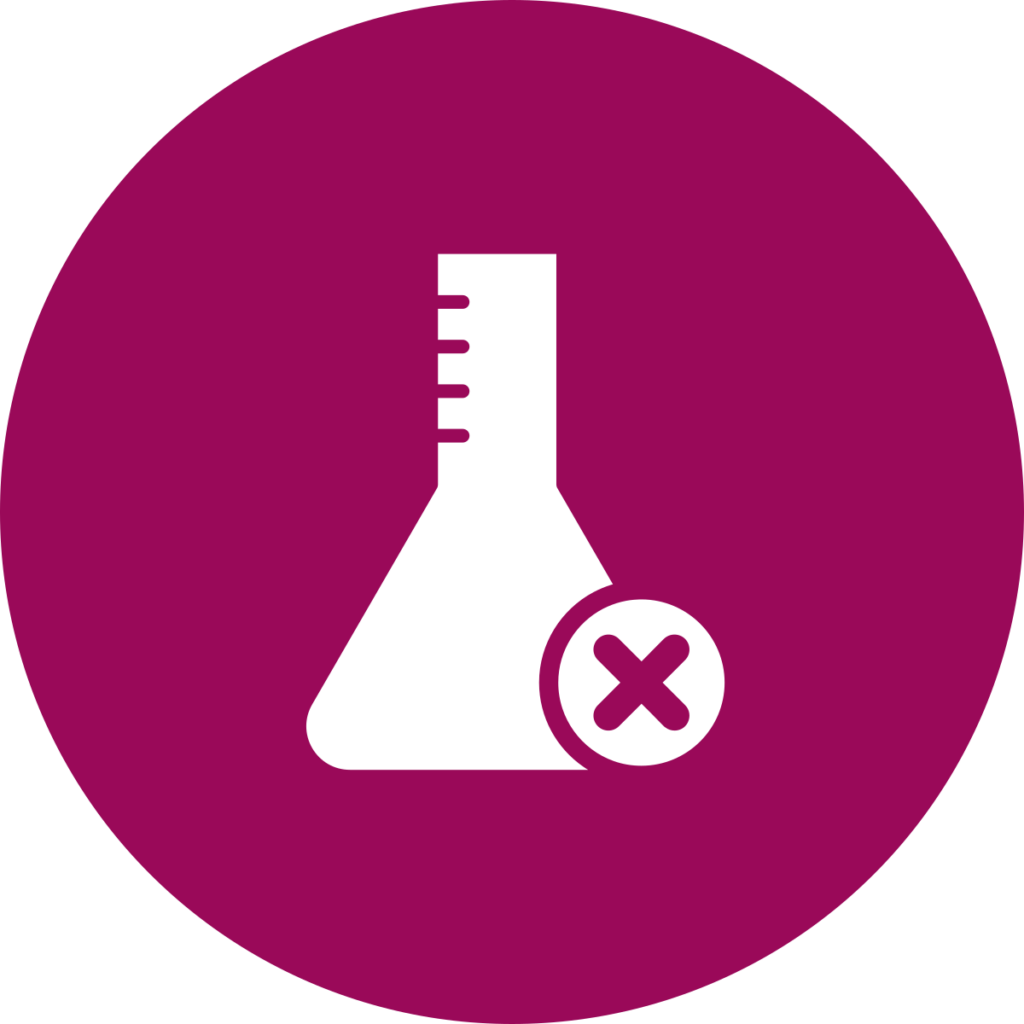SAN FRANCISCO-More than 300 cosmetics and body care products companies have promised to replace ingredients linked to cancer, birth defects, hormone disruption and other negative health effects with safer alternatives.
The Campaign for Safe Cosmetics announced today that it had more than tripled the number of companies who have signed the “Compact for the Global Production of Safe Health and Beauty Products,” in the past year, signaling a shift toward healthier products in the cosmetics industry. By signing the Compact, companies pledge to phase out toxic ingredients within three years.
Compact signers include The Body Shop, Burt’s Bees, Avalon Natural Products, Aubrey Organics, Osea Skin Care, Jason Natural Products, Zia Skin Care, EO Products and Kiss My Face.
The Campaign for Safe Cosmetics is a coalition of U.S.-based health and environmental groups working to protect cosmetics consumers from toxic chemicals and hold companies accountable for the safety of their products.
“The surge in the number of companies signing the Compact shows that corporate executives are listening to the voices of concerned consumers,” said Bryony Schwan, national campaigns director for Women’s Voices for the Earth, one of the founding members of the Campaign for Safe Cosmetics. “Each new company that signs puts more pressure on the major cosmetics manufacturers to get on board and clean up their products too.”
Despite repeated requests, multinational cosmetics companies such as L’Oreal, Revlon, Estee Lauder, Gap, Avon, OPI and Proctor & Gamble have refused to sign the Compact, known as the “Compact for the Global Production of Safe Health and Beauty Products,” which requires that manufacturers meet several criteria, including:
- Meeting new EU standards banning chemicals linked to cancer and birth defects globally;
- Conducting an inventory of all ingredients to determine whether they use chemicals that pose health hazards including cancer, hormone disruption, genetic mutation, reproductive toxicity, developmental harm and neurotoxicity;
- Implementing substitution plans that replace chemicals of concern with safer alternatives; and
- Reporting on their progress in meeting these goals to the public.
Contrary to what many consumers may believe, the FDA does not review or regulate cosmetics products or ingredients for safety before they are sold to the public and has no legal authority to require safety assessments of cosmetics.
The EU has led the charge for safer cosmetics. European Union Directive 76/768/EEC, which became law in 25 European countries on October 1, 2004, requires products to be free of chemicals that are known or strongly suspected of causing cancer, genetic mutation or birth defects.
“Companies that market themselves with images of health and beauty should not be selling us products with ingredients like formaldehyde, coal tar, lead acetate, phthalates, parabens and toluene, which pose cancer risks and raise other health concerns,” Schwann said.
Women and girls use an average of 12 personal care products daily, according to a 2004 survey conducted by the Campaign for Safe Cosmetics. One out of every 100 personal care products on the market contains known or probable carcinogens and 89 percent of ingredients in products have not been assessed for safety, according to Skin Deep, an online, brand-by-brand safety guide that contains in-depth information on more than 14,000 products and their ingredients by the Environmental Working Group.
Founding members of the Campaign for Safe Cosmetics include: Alliance for a Healthy Tomorrow, Breast Cancer Fund, Clean Water Fund, Commonweal, Environmental Working Group, Friends of the Earth, Massachusetts Breast Cancer Coalition, National Black Environmental Justice Network, National Environmental Trust and Women’s Voices for the Earth.
For more information and background on the campaign, see www.safecosmetics.org.
